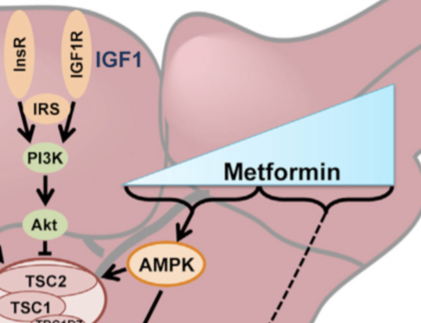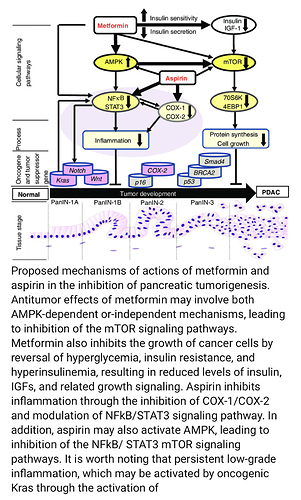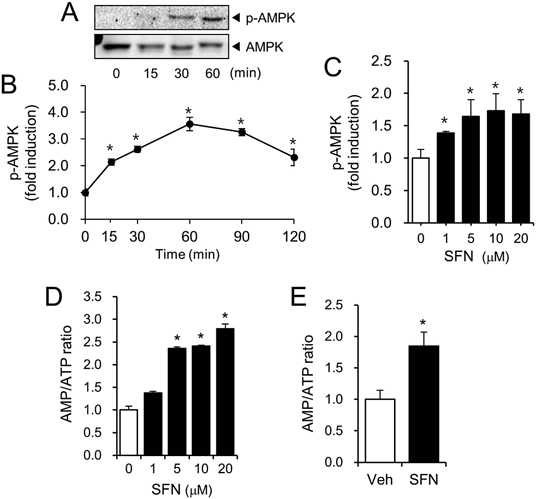This is a great study I came across addressing the effect of low dose Metformin on mTOR signaling. Since protein continues to be a contentious issue for those on keto, I’ve been theorizing for a while that Metformin- even for insulin people- might help mitigate concerns about “excess “ protein and it’s role in activating mTOR. Interesting read! https://www.cell.com/cell-metabolism/pdf/S1550-4131(16)30642-8.pdf
Metformin, mTOR, and protein
I’d be careful with metformin. Petro Dobromylskyj (of Hyperlipid) does not like it. That’s not good news. See the right side for “metformin”:
His latest post on metformin:
For me, mTOR is so far down on my list of things I care about, that’s it’s really not on my list.
”…Metformin is now considered to be one of the new darlings of the anti-aging industry and is widely used among CEOs, Silicon Valley, many of my friends in the anti-aging industry and beyond.
So what’s my beef with this supposed wonder-drug?
It turns out that there are all kinds of potential problems with metformin. In recent years, evidence has accumulated that metformin may not be all its cracked up to be. Or at least, even if it does what it claims to do, it has a number of adverse side effects. But up until now, pharmaceutical companies have somewhat sugar-coated the drug’s effects.
In today’s article, I’ll briefly highlight why I don’t personally take metformin. I’ll also introduce you to natural compounds that I personally use to help regulate my blood sugar. …” - Ben Greenfield
”…Metformin falls into a category of a biguanide molecule. Biguanides are derivatives of guanidine, a naturally occurring substance found in vegetables such as turnips and cereals. They exert a blood glucose-lowering effect in type 2 (non-insulin dependent) diabetes mellitus, and since they do not increase plasma insulin concentrations and do not cause hypoglycemia (unless, as noted below, combined with exercise), they are generally regarded as antihyperglycemic (rather than hypoglycemic) agents.. But one of the problems with these type of molecules is that they can increase the generation of lactate, which then enters the circulation and produces lactic acidosis.
The study “Fatty acids revert the inhibition of respiration caused by the antidiabetic drug metformin to facilitate their mitochondrial β-oxidation” describes quite clearly this metformin effect on lactate production. But before getting into that, a quick note on phenformin. Phenformin is another member of the biguanide family and was a popular medication for diabetes starting in the 1950s. It was withdrawn from clinical use in the 1970s once it was discovered that it caused severe lactic acidosis. Although phenformin is associated with a 10- to 20-fold greater incidence of lactic acidosis than its relative metformin, metformin’s effects on acidosis are still significant enough in my opinion not to be ignored (especially if you’re an athlete who is already flirting regularly with acidosis – although admittedly I’ve seen little performance data on metformin’s effect on lactic acid formation during exercise).
Furthermore, despite being the most commonly prescribed drug for the treatment of type II diabetes for more than five decades, the bioenergetic mechanisms underlying metformin activity remain largely unknown. This ignorance of the inner workings of the drug has triggered many endeavors to uncover how exactly it works – but the results are often contradictory. The study “Cardiovascular and metabolic effects of metformin in patients with type 1 diabetes: a double-blind, randomized, placebo-controlled trial” found that while metformin may play a very wide role in managing cardiovascular risks, it doesn’t necessarily improve glycemia, and it had no average effect on insulin requirement. In fact, while there were two deaths in the placebo group, there were five among the patients allocated to metformin. …” …More
See also:
Metformin has an excellent track record. Peter Attia and some other very knowledgeable low carb docs take it. I have a strong family history of and the genetics that predispose me to diabetes. So I take despite being very lean, active and insulin sensitive and LCHF for almost 5 years. I think it’s a great tool.
This is interesting:
“…Using mouse genetics, we find that at the LOWEST CONCENTRATIONS of metformin that inhibit hepatic mTORC1 signaling, this inhibition is dependent on AMPK and the tuberous sclerosis complex (TSC) protein complex (TSC complex). …” …More

I certainly would not be slamming down large dose pills of this stuff everyday? (too much lactic acid {lactic acidosis; what cancer cells like to create/secrete through fermentation} gets in the way of any benefit?)
Footnotes:
[1] ”…Is lactic acid bad for the body?
As you run faster, however, your muscles burn more carbs and produce more lactic acid, which quickly breaks down into a good guy (lactate) and a bad guy (hydrogen ions). The hydrogen ions are bad because they lower the pH of your muscles, decreasing muscle efficiency, and causing that awful burning sensation. …” …More
[2] ”… Is lactic acid dangerous?
Lactic acid levels get higher when strenuous exercise or other conditions—such as heart failure, a severe infection (sepsis), or shock —lower the flow of blood and oxygen throughout the body. “…Very high levels of lactic acid cause a serious, sometimes life-threatening condition called lactic acidosis. …” …More
[3] “…Whilst blood lactate concentration is invariably raised in those with significant tissue hypoxia, it can also be raised in a number of conditions not associated with tissue hypoxia. Very often patients with raised blood lactate concentration (hyperlactatemia) also have a reduced blood pH (acidosis). The combination of hyperlactatemia and acidosis is called lactic acidosis. This is the most common cause of metabolic acidosis. …” …More
Carnivore claims about plant foods


